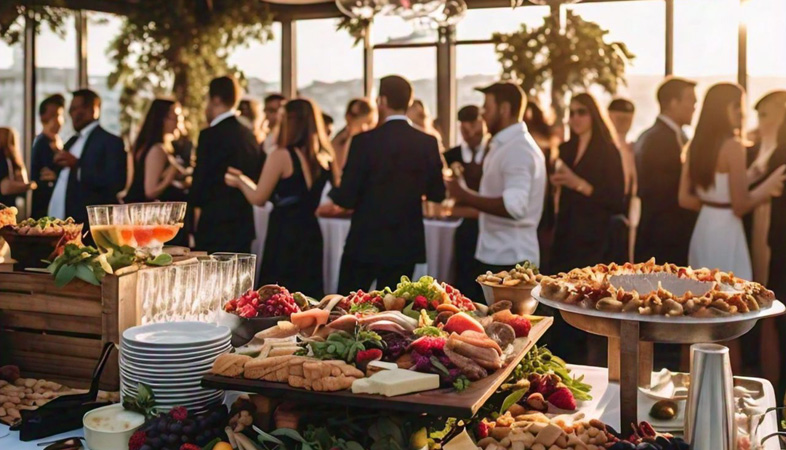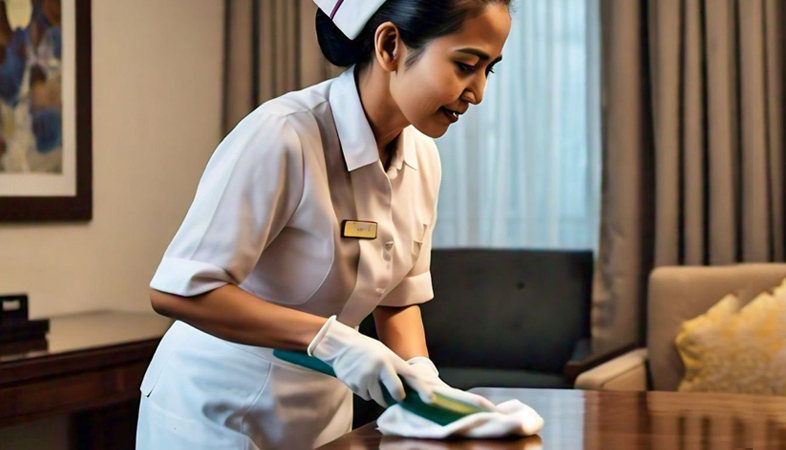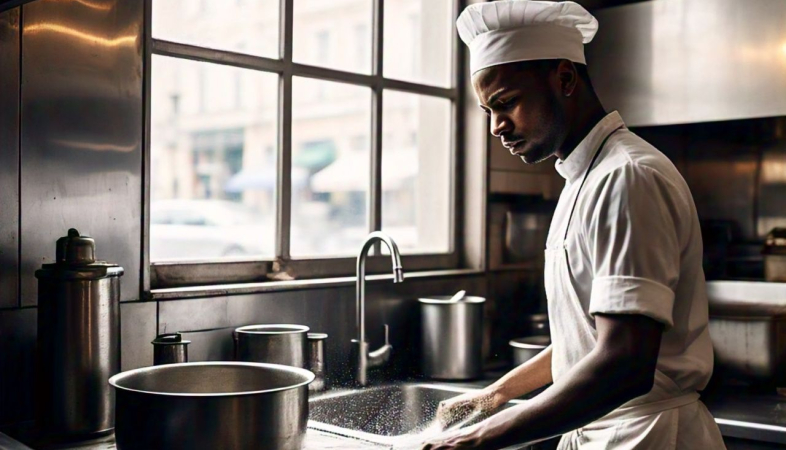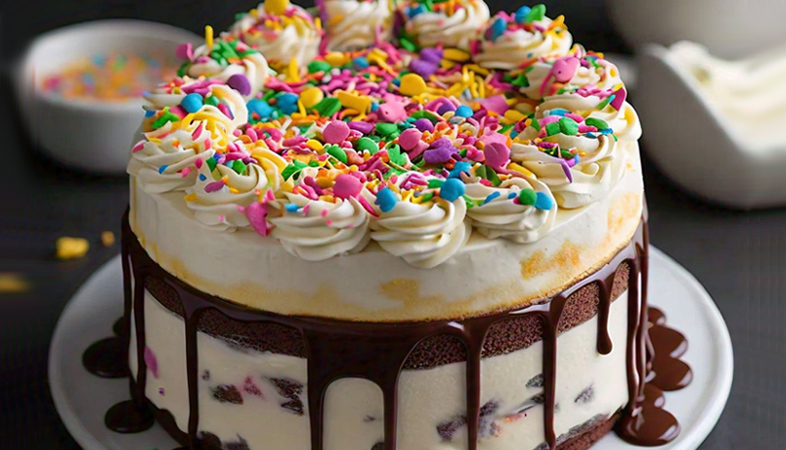Catering Etiquette: Best Practices for Professional Service and Presentation
Whether catering a corporate luncheon, wedding reception, or social gathering, adhering to proper etiquette not only enhances the guest experience but also reflects positively on the catering company.
Catering etiquette encompasses a set of best practices and
protocols that ensure professional service and presentation during events and
functions. Whether catering a corporate luncheon, wedding reception, or social
gathering, adhering to proper etiquette not only enhances the guest experience
but also reflects positively on the catering company. Here are some key
principles of catering etiquette:
1. Professional Appearance: Catering staff should maintain a polished and professional appearance at all times. This includes wearing clean and pressed uniforms or attire appropriate for the event. Personal grooming, such as neatly groomed hair and trimmed nails, is also essential. A professional appearance instills confidence in guests and conveys a sense of competence and professionalism.
2. Prompt Arrival and Setup: Timeliness is crucial in catering. Arrive at the venue well in advance of the scheduled start time to allow ample time for setup and preparation. Coordinate with event organizers or venue staff to ensure smooth logistics and efficient use of space. Set up buffet tables, food stations, and beverage stations in an organized and visually appealing manner, paying attention to details such as tablecloths, decor, and signage.
3. Polite and Courteous Service: Catering staff should interact with guests in a polite, friendly, and professional manner. Greet guests warmly upon arrival and offer assistance as needed. Be attentive to guests' needs and preferences, such as dietary restrictions or beverage refills. Practice active listening and respond promptly to inquiries or requests. Maintain a positive attitude and avoid engaging in personal conversations or distractions while on duty.
4. Discreet and Unobtrusive Service: While attentive service is important, catering staff should strive to be discreet and unobtrusive, especially during formal events or intimate gatherings. Anticipate guests' needs and provide assistance discreetly, without interrupting conversations or drawing attention to oneself. Serve and clear dishes quietly and efficiently, minimizing noise and disruptions to the flow of the event.
5. Knowledge of Menu and Ingredients: Catering staff should be well-informed about the menu offerings and ingredients to answer guests' questions accurately and accommodate special dietary requirements. Familiarize yourself with the preparation methods, flavors, and allergens present in each dish to assist guests in making informed choices. Offer recommendations or alternatives for guests with dietary restrictions or preferences.
6. Adherence to Hygiene and Food Safety Standards: Maintain strict adherence to hygiene and food safety standards to ensure the health and well-being of guests. Follow proper handwashing techniques, use gloves when handling food, and adhere to temperature control guidelines for food storage and handling. Regularly sanitize surfaces, utensils, and equipment to prevent cross-contamination and foodborne illness. Display food items attractively while also ensuring they are protected from contamination.
7. Graceful Handling of Mishaps: In the event of mishaps or unforeseen challenges, such as spills, equipment malfunctions, or last-minute changes, remain calm and composed. Address the issue promptly and discreetly, taking steps to mitigate any impact on the guest experience. Apologize sincerely if necessary and offer solutions or alternatives to rectify the situation. Maintain a positive and proactive attitude, focusing on problem-solving and ensuring the smooth continuation of the event.
8. Gratitude and Follow-Up: Express gratitude to guests for their attendance and patronage at the conclusion of the event. Thank them for choosing the catering company and acknowledge any positive feedback or compliments received. Follow up with clients after the event to solicit feedback and address any concerns or suggestions for improvement. Building strong relationships with clients and guests fosters loyalty and enhances the reputation of the catering business.
Catering etiquette encompasses a range of practices aimed at providing professional service and presentation while prioritizing the comfort and satisfaction of guests. By adhering to principles such as professionalism, courtesy, and attention to detail, catering staff can elevate the dining experience and leave a lasting impression on clients and guests alike.
.png)





























